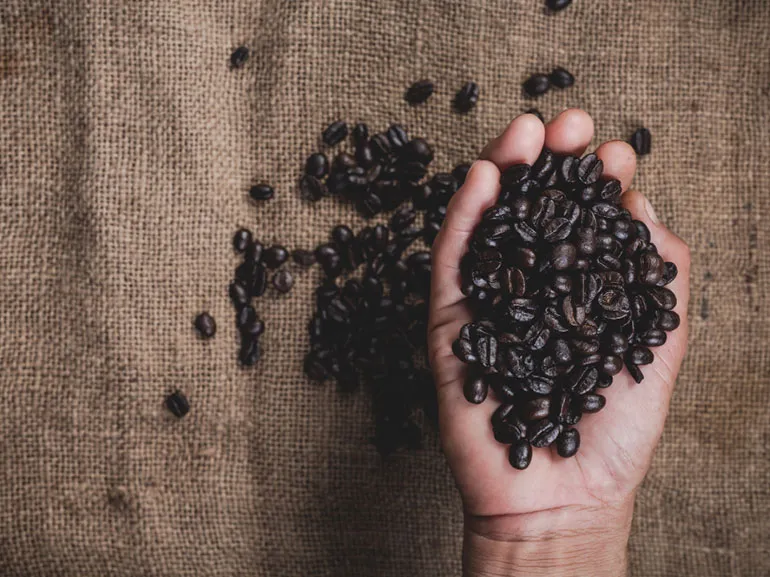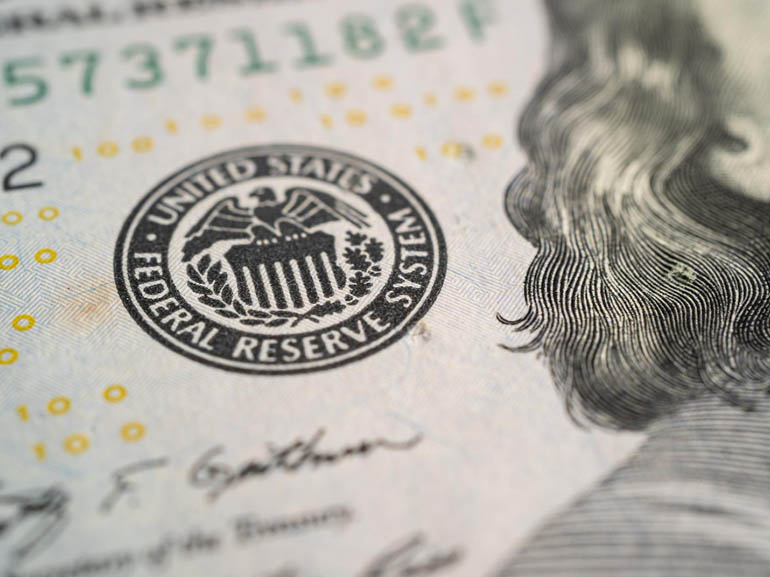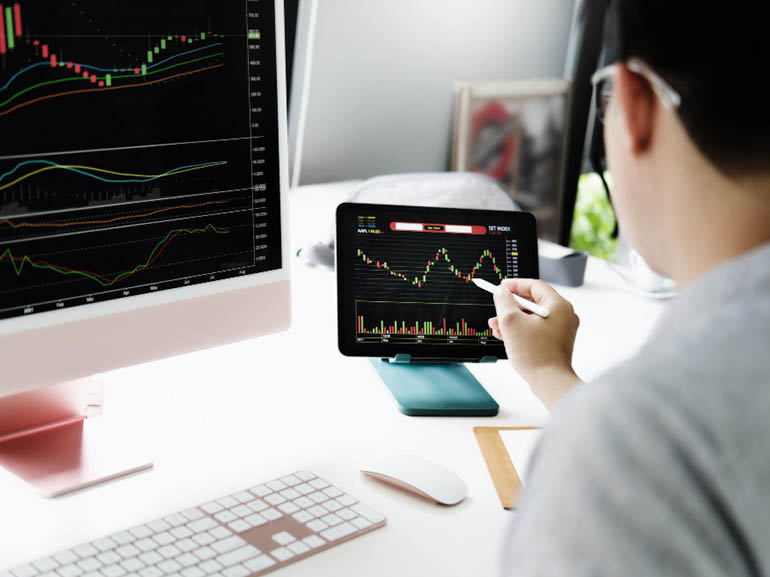Robusta Coffee Trading: What Is Robusta Coffee & How to Trade It
Date Modified: 08/06/2025
Robusta coffee accounts for over 40% of coffee species, which may be of great interest to many traders and investors seeking to diversify their trading portfolios with a popular and beloved commodity like coffee.
In this article, we explore Robusta coffee CFD trading, the commodity's origins, and how Plus500 can help you gain exposure to its rising and falling prices.

TL;DR
- Robusta coffee is originally from Sub-Saharan Africa but is primarily grown in Vietnam.
- Robusta comprises 45% of global coffee production.
- Robusta coffee thrives in humid conditions and demands soil rich in nutrients.
- Traders can gain exposure to Robusta coffee through CFDs on Plus500, allowing them to potentially profit from market volatility without owning the physical commodity.
What Is Robusta Coffee?
Robusta coffee is a type of coffee originally found in Sub-Saharan Africa and is part of the coffee canephora plant. This agricultural commodity comprises about 45% of all coffee grown worldwide.
Where Is Robusta Coffee Grown?
Robusta coffee is mainly grown in Vietnam but can be harvested in other countries like Brazil, Indonesia, India, and Uganda.
How Is Robusta Coffee Grown?
Robusta coffee cultivation is driven by altitude, climate, tree dimensions, and soil composition.
Climate
Robusta needs humid and warm conditions as well as abundance of rain to grow. In other words, Robusta thrives in tropical weather conditions.
Soil
Drained and fertile soil with the a pH of 5.5-7 can help Robusta grow more easily.
Tree Size
Pruning Robusta coffee trees to 2-3 meters helps with the harvesting and improves crop yields.
Altitude
Robusta can reach 200-800 meters above sea level and can be cultivated in various conditions.
Arabica Coffee vs Robusta Coffee
Arabica coffee beans are more ovular, oilier, and flatter than robusta. In addition, they are sweeter, zestier and fruitier. On the other hand, Robusta beans are smaller and round. Moreover, Robusta has more caffeine than Arabica beans.
How to Trade Robusta Coffee
Trading Robusta can be done through Plus500 Futures CFDs which allow you to trade the rising and falling Robusta beans prices without having direct ownership of the underlying commodity, all while having access to leverage (which amplifies both gains and losses).
You can learn more about CFD trading in our article titled "What Is CFD Trading?"
Conclusion
Robusta coffee is a vital commodity in the global market, offering unique trading opportunities for investors looking to diversify with agricultural assets. With its strong production presence in countries like Vietnam and its higher caffeine content compared to Arabica, Robusta is a popular choice for both coffee consumers and traders alike. Through platforms like Plus500, traders can engage in Robusta coffee trading via Futures CFDs, allowing them to speculate on price movements without owning the physical commodity.
Ready to trade Robusta (RC) coffee with Plus500's CFDs? Start now!
*The figures in this article are presented for general informational purposes only and should not be taken as definitive or guaranteed.
FAQs
Robusta coffee accounts for approximately 40–45% of global coffee production.
Vietnam is the largest producer, followed by Brazil, Indonesia, India, and Uganda.
You can trade Robusta coffee through Futures CFDs on platforms like Plus500, which let you speculate on price movements without owning the beans.
Robusta beans have more caffeine, are rounder and smaller, and offer a stronger, more bitter flavor compared to the sweeter and fruitier Arabica beans.
Robusta thrives in tropical climates, at altitudes between 200–800 meters, with well-drained, fertile soil and regular rainfall.
Yes, Robusta has more caffeine than Arabica beans.
Related News & Market Insights
Get more from Plus500
Expand your knowledge
Learn insights through informative videos, webinars, articles, and guides with our comprehensive Trading Academy.
Explore our +Insights
Discover what’s trending in and outside of Plus500.
Stay up-to-date
Never miss a beat with the latest News & Markets Insights on major market events.


